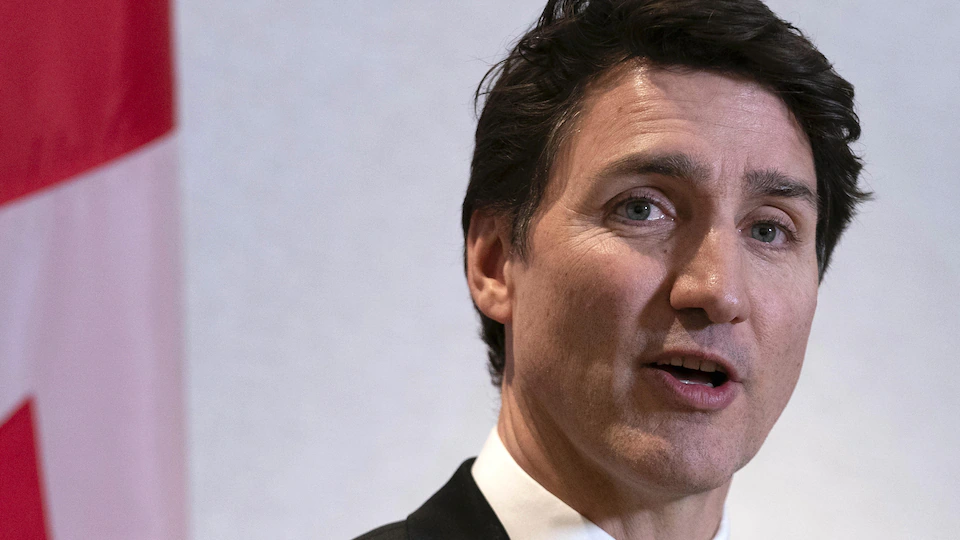Canada’s outgoing Prime Minister Justin Trudeau stated on Wednesday that “nothing is off the table” in responding to President-elect Donald Trump’s proposed 25% tariffs on all Canadian imports. Trudeau emphasized that the response must be balanced to ensure no single region of the country shoulders the entire burden.
“We have to respond to the challenge we’re facing,” Trudeau said. “We also have to make sure the burden is shared across the country… We can’t punish just one region, because tariffs have more impact on that region.”
His comments came after a five-hour meeting in Ottawa with Canada’s provincial premiers to discuss Trump’s threats.
Provinces Unite Against Tariff Threats
Ontario Premier Doug Ford stressed on the importance of provincial unity in addressing Trump’s tariff threats.
“The retaliatory tariffs need to be hard,” said Ford, who spoke to the media before the meeting. He was also seen wearing a hat that said: “Canada Is Not For Sale.”
Trump, set to be inaugurated on Monday, has expressed intentions to use economic pressure to push Canada toward becoming the 51st U.S. state. He has also inaccurately described the U.S. trade deficit with Canada—a major supplier of resources like oil—as a subsidy.
Canada remains the top export market for 36 U.S. states, with approximately $3.6 billion Canadian ($2.7 billion) in goods and services exchanged daily across the border.
One suggested response is halting energy exports to the United States, a proposal opposed by Danielle Smith, premier of Alberta, Canada’s oil-rich province.
Alberta To Reject Energy Export Tariffs
In a statement on X, Smith expressed support for several strategies discussed during Wednesday’s meeting.
“Alberta will simply not agree to export tariffs on our energy or other products, nor do we support a ban on exports of these same products,” said Smith, who attended the meeting virtually and did not sign the final news release.
“Until these threats cease, Alberta will not be able to fully support the federal government’s plan in dealing with the threatened tariffs,” Smith said.
Nearly 25% of the oil consumed daily in the United States originates from Canada, with Alberta alone supplying 4.3 million barrels per day. According to the U.S. Energy Information Administration, the U.S. consumes approximately 20 million barrels of oil daily, while its domestic production stands at around 13.2 million barrels per day.





